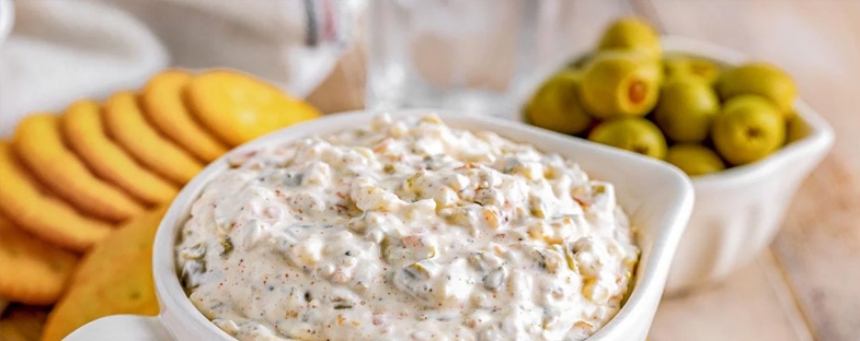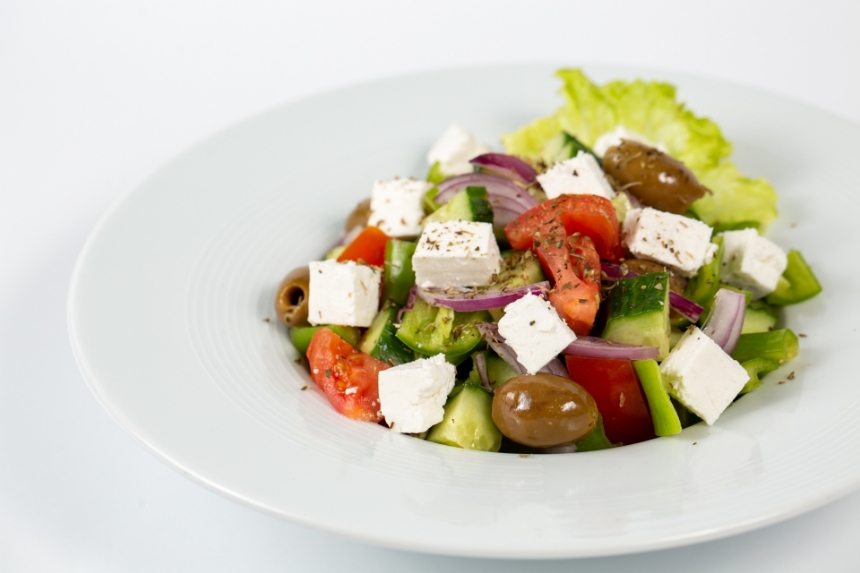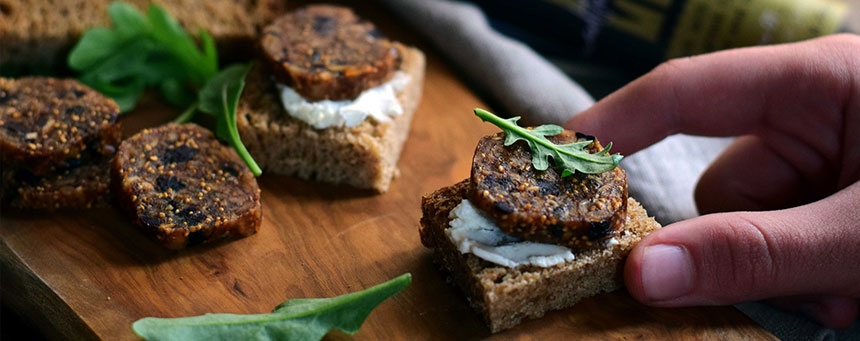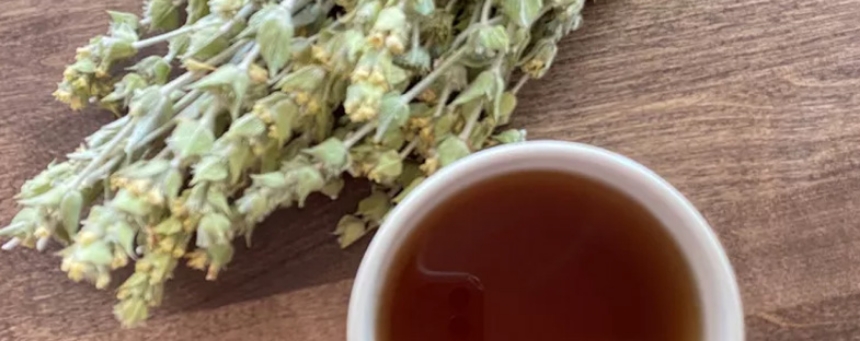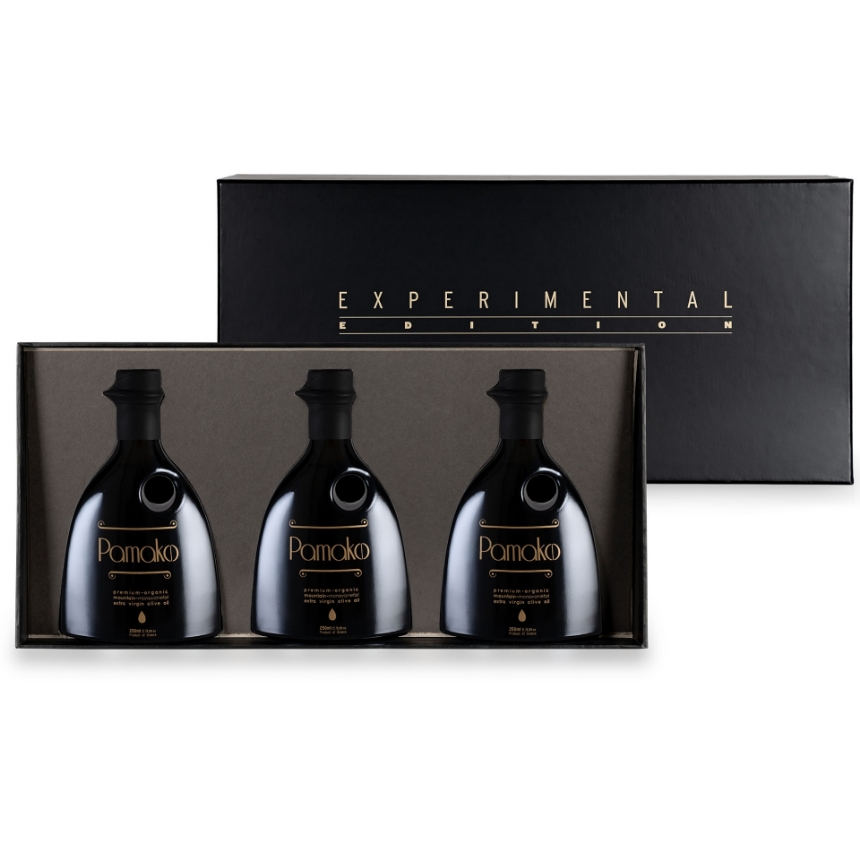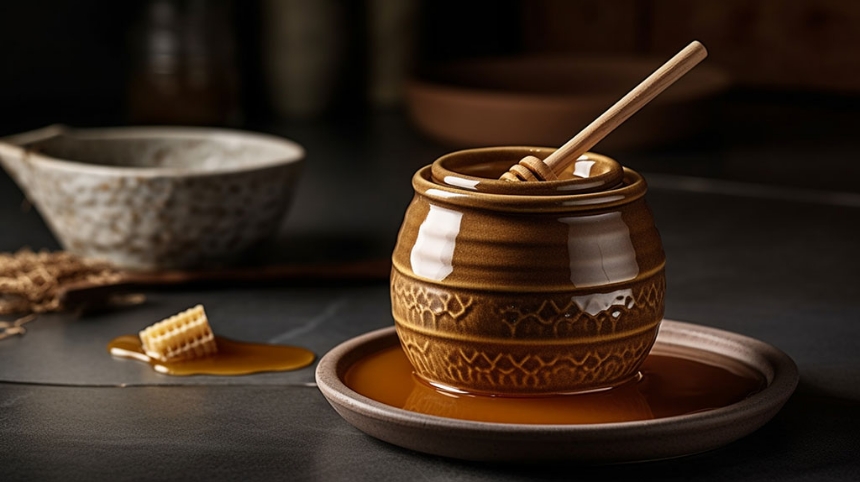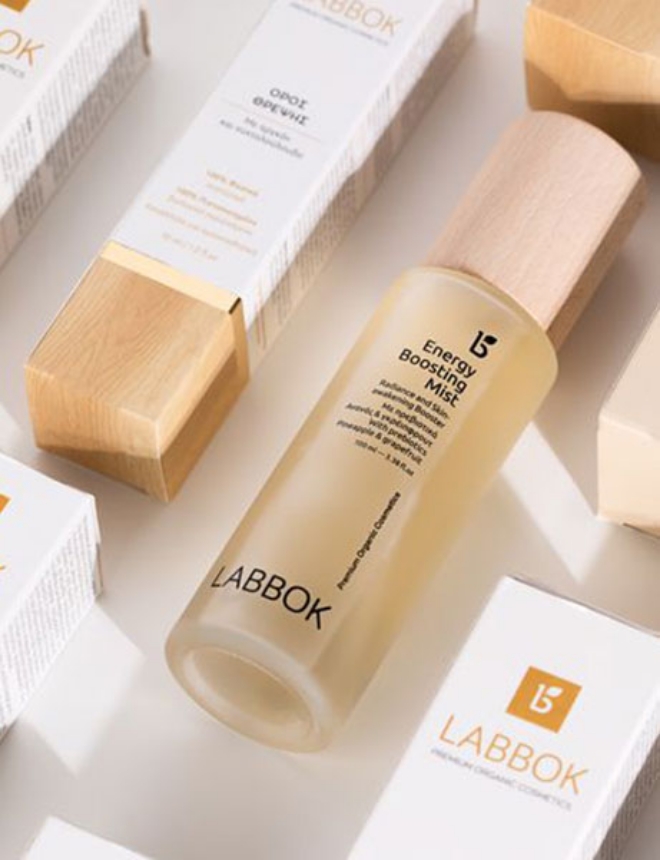Blog search
Blog archive
- 2026
- 2025
- 2024
- 2023
- 2021
- 2020
- 2019
- 2018
- 2015
- 2014
- 2013
RSS
Blog
15 August, 2023 Comments (0)
Kalamata olives are a delicious and nutritious Mediterranean staple. They are a good source of several nutrients, and they have been linked to a number of health benefits. This blog post will explore the history, nutrition, health benefits, and recipes of Kalamata olives. We will also discuss how to choose, store, and prepare Kalamata olives.
10 August, 2023 Comments (0)
In recent years, Greek cuisine has gained worldwide popularity, and one dish that stands out for its vibrant flavors and health benefits is the Greek Salad. Originating from the Mediterranean region, this traditional dish has become a staple in Greek households and a favorite among food enthusiasts. Packed with fresh ingredients and rich in nutrients, the Greek Salad offers a delightful culinary experience that is hard to resist. In this article, we will delve into the history, ingredients, and health benefits of this authentic Mediterranean dish.
09 August, 2023 Comments (0)
Cretan raki, or tsikoudia, is a distilled spirit that has been made on the island of Crete for centuries. It is made from the fermented grape pomace, the leftover skins, seeds, and stems from winemaking. Raki is a clear, colorless spirit with a strong, alcoholic aroma and flavor. It has a fiery kick that can be tamed with a splash of water or ice. Raki is a beloved part of Cretan culture. It is often served as a welcome drink, and it is also enjoyed after meals or as a digestif. Raki is also used in many traditional Cretan dishes, such as moussaka and souvlaki. In recent years, raki has gained popularity around the world. It is now available in many countries, and it is often served in high-end restaurants and bars. Raki is a luxurious spirit that is perfect for special occasions. It is also a great way to experience the culture of Crete.
05 August, 2023 Comments (0)
Figs are a delicious and nutritious fruit that has a number of health benefits. They are a good source of fiber, vitamins, and minerals, and they can help to improve digestion, lower blood sugar levels, boost the immune system, reduce the risk of heart disease, protect against cancer, promote healthy skin, and increase energy levels. Figs can be eaten fresh, dried, or cooked, and they can be added to a variety of dishes. So next time you're looking for a healthy and delicious snack or meal, reach for a fig. Your body will thank you for it!
03 August, 2023 Comments (0)
Greek mountain tea is a traditional herbal tea that has been enjoyed by Greeks for centuries. It is made from the leaves and flowers of the Sideritis plant, which grows in abundance in the mountains of Greece. Mountain tea is known for its many health benefits, including: Boosting the immune system Fighting off infection Reducing inflammation Soothing a sore throat Relieving coughs and colds Aiding digestion Preventing anemia Reducing stress and anxiety Improving sleep Mountain tea can be enjoyed hot or cold, and it can be sweetened with honey or lemon. It is a delicious and nutritious way to boost your health and well-being.
01 August, 2023 Comments (0)
Greek coffee is a strong, unfiltered coffee that is traditionally made in a briki. It is a popular drink in Greece and Cyprus, and it is also becoming increasingly popular in other parts of the world. This blog article will provide you with an overview of Greek coffee, including its history, brewing process, unique flavor, and cultural significance. You will also learn how to make Greek coffee at home with our easy-to-follow instructions. So whether you are a coffee lover or just curious about Greek culture, this blog article is for you!
22 July, 2023 Comments (0)
Greek high phenolic olive oil is the healthiest type of olive oil available. It is rich in antioxidants and has been shown to have a number of health benefits. If you are looking for a healthy and delicious oil to add to your diet, Greek high phenolic olive oil is the perfect choice.
21 May, 2023 Comments (0)
Treat yourself to a sensory delight with the irresistible allure of Premium Greek Flavored Coffee. This exceptional blend combines the rich traditions of Greek coffee with a symphony of enticing flavors, promising a truly indulgent and memorable coffee experience. In this body overview, we will delve into the exquisite qualities of this unique beverage, including its origins, flavor profiles, brewing methods, and cultural significance.
03 May, 2023 Comments (0)
Greek honey is often sought after for its pure, raw form. Unlike processed honey, raw honey is unpasteurized and unfiltered, meaning it retains all of its natural enzymes and nutrients. This makes Greek raw honey an excellent option for those looking for a natural sweetener that can offer a wide range of health benefits, including improved digestion, boosted immune system, and increased energy levels.
15 January, 2023 Comments (0)
Discover the beauty of self-care with a luxurious twist - go premium and organic with vegan cosmetics. From luxurious face serums to gentle makeup removers, explore how this premium organic line of cosmetics can redefine your beauty routine and make it easier to take care of yourself. Whether you're looking for a new skincare routine or wanting to try a few new products, learn how vegan cosmetics offer both quality and sustainability without sacrificing luxury or performance. Get ready to treat yourself to something special

